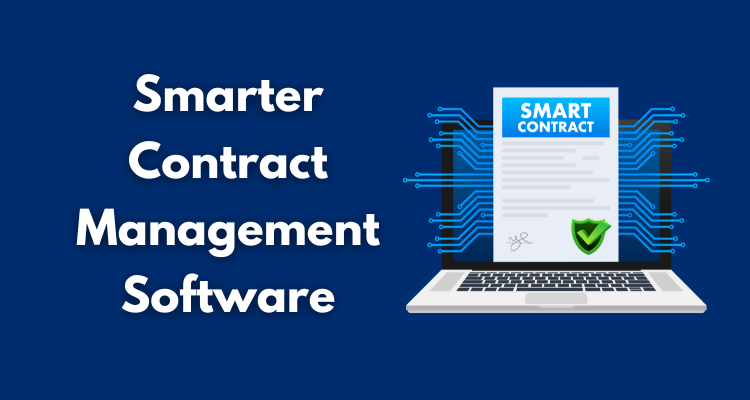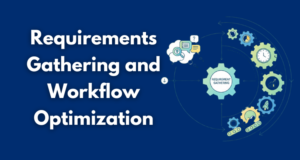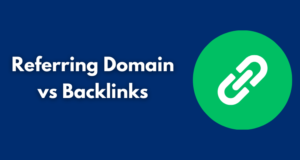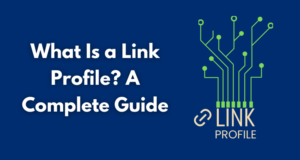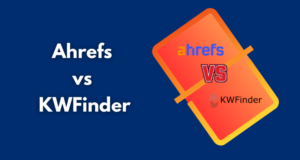Construction projects are built on more than concrete and steel—they’re built on contracts. These documents define relationships, allocate risk, and determine who is responsible for what, when, and how.
But when contract management is handled manually, across dozens of platforms and team members, even the best intentions can get lost in complexity. That’s why more construction firms are turning to digital solutions to manage this critical part of their workflow.
For teams ready to reduce risk and boost efficiency, Document Crunch contract review software provides the kind of targeted, industry-specific support that modern project delivery demands.
The right software doesn’t just digitize your paperwork—it transforms how teams understand and act on the language that governs their work. Smarter contract management isn’t about doing more. It’s about making better decisions, faster, and with more confidence.
Table of Contents
ToggleThe high cost of unclear contracts

Contracts are often treated as static documents—read once, signed, and filed away. But anyone who has worked in construction knows how often those contracts are revisited when questions arise or problems emerge. Missed terms, misunderstood obligations, and vague risk language can all result in project delays, payment disputes, and legal headaches.
Without a consistent review process or a central place to track important clauses, teams are forced to rely on memory, email threads, or whatever notes were made during the initial review. This opens the door to mistakes, miscommunication, and lost leverage when things go sideways.
Poor contract visibility can also lead to misalignment between departments. What the legal team reviewed may never make it to the project manager. What the estimator saw might not match what the superintendent assumes. In this environment, even small oversights can lead to significant financial and operational consequences.
What smarter contract management looks like
The shift to smarter contract management starts by making contract data actionable. Instead of treating contracts like static PDFs, modern software surfaces the information that matters most—clear payment terms, indemnity clauses, termination rights, insurance requirements—and puts that data in the hands of people who need it, when they need it. An example of a robust solution for this is Salesforce contract management software.
Smart contract review tools use artificial intelligence to scan documents, flag critical language, and offer plain-language explanations. AI solutions development providers play a key role in building these smart contract tools, tailoring them to industry-specific needs and ensuring seamless integration into existing workflows.
This empowers non-legal team members to engage with the contract confidently. Whether it’s a project engineer preparing for a trade partner kickoff or a PM reviewing owner agreements during a delay, contract intelligence becomes part of daily decision-making, not just a legal concern.
By centralizing contract data and making it accessible across the organization, smarter management creates consistency, improves communication, and reduces the risk of avoidable surprises.
Supporting field teams with real-time visibility
One of the most powerful shifts enabled by modern software is moving contract knowledge beyond the back office. Historically, field teams have relied on limited summaries or secondhand interpretations to guide their decisions. But with cloud-based tools and integrations with platforms like Procore, contract visibility now extends to the jobsite.
This means a superintendent can quickly check contract language before approving a change order. A field coordinator can confirm whether weather delays qualify for time extensions. And project teams can align around the exact terms of responsibility, rather than assuming—or guessing—what’s in the document.
When contract terms are easy to find, understand, and apply, teams make faster, more informed decisions. This kind of clarity reduces friction, accelerates issue resolution, and builds trust between stakeholders.
Making legal teams more strategic
For in-house counsel or outside legal teams, smarter contract management isn’t about being replaced—it’s about being empowered. Instead of spending time on repetitive reviews or fielding urgent questions about common clauses, legal professionals can focus on high-risk issues and negotiation strategy.
Software enables legal teams to create review templates, identify deviations across contracts, and ensure that company standards are applied consistently across every agreement. This standardization helps protect the business, improves efficiency, and makes it easier to scale legal oversight across a growing project portfolio.
The result is a stronger partnership between legal and project teams—one built on shared information and mutual understanding rather than fire drills and bottlenecks.
Aligning contract intent with project execution
Contracts are only useful if they’re followed. Too often, the language negotiated at the start of a project never makes it into day-to-day operations. Smarter contract management closes that gap by embedding contract awareness into the entire project lifecycle.
From pursuit to closeout, key terms can be referenced, tracked, and enforced. Teams can ensure that subcontracts reflect the upstream risk in owner agreements. They can proactively monitor compliance with notice requirements, insurance provisions, and safety obligations. And when issues arise, they’re armed with facts, not assumptions.
This kind of alignment improves operational outcomes, reduces rework, and creates a culture of accountability that benefits everyone involved.
Choosing a solution that fits construction
Not all contract management tools are built for construction. Generic solutions may offer storage and collaboration features, but they often lack the specificity and workflow integration that construction teams require.
What sets purpose-built tools apart is their understanding of industry language, contract structure, and field realities. Look for platforms that recognize the types of documents your teams actually work with—owner contracts, subcontracts, insurance certs—and that provide context around the clauses that impact scheduling, safety, and payment.
The goal isn’t to manage contracts in isolation. It’s to integrate them into the way construction teams actually work—on the jobsite, in the trailer, and everywhere in between.
Conclusion
Smarter contract management isn’t just a legal function—it’s a business advantage. With the right software in place, construction teams gain clarity, reduce risk, and improve coordination across departments and job roles.
By turning complex contract language into accessible, actionable insights, modern platforms give teams the tools they need to protect their projects and drive better outcomes. In an industry where delays and disputes can be costly, investing in smart contract software isn’t a luxury—it’s a necessity.

